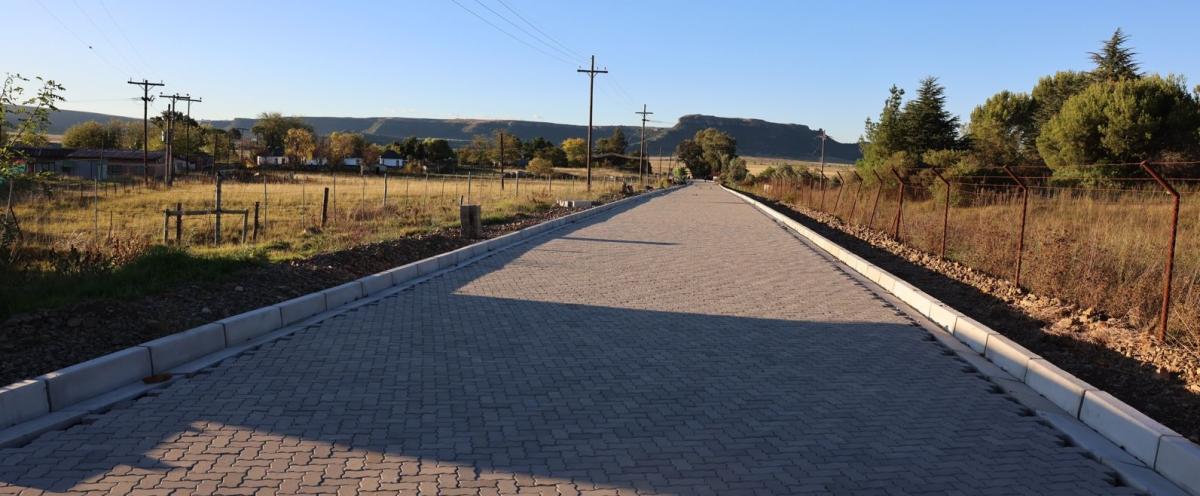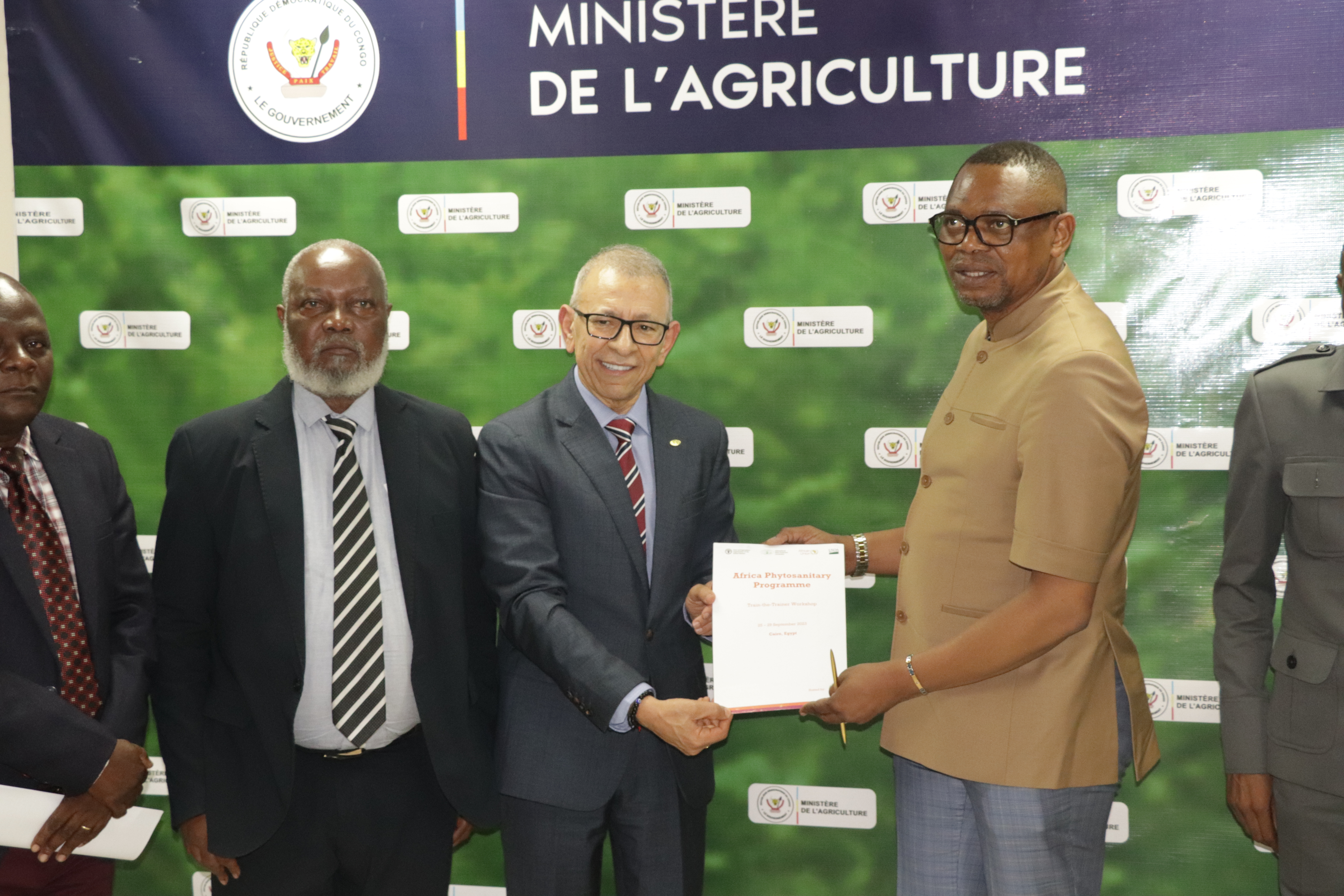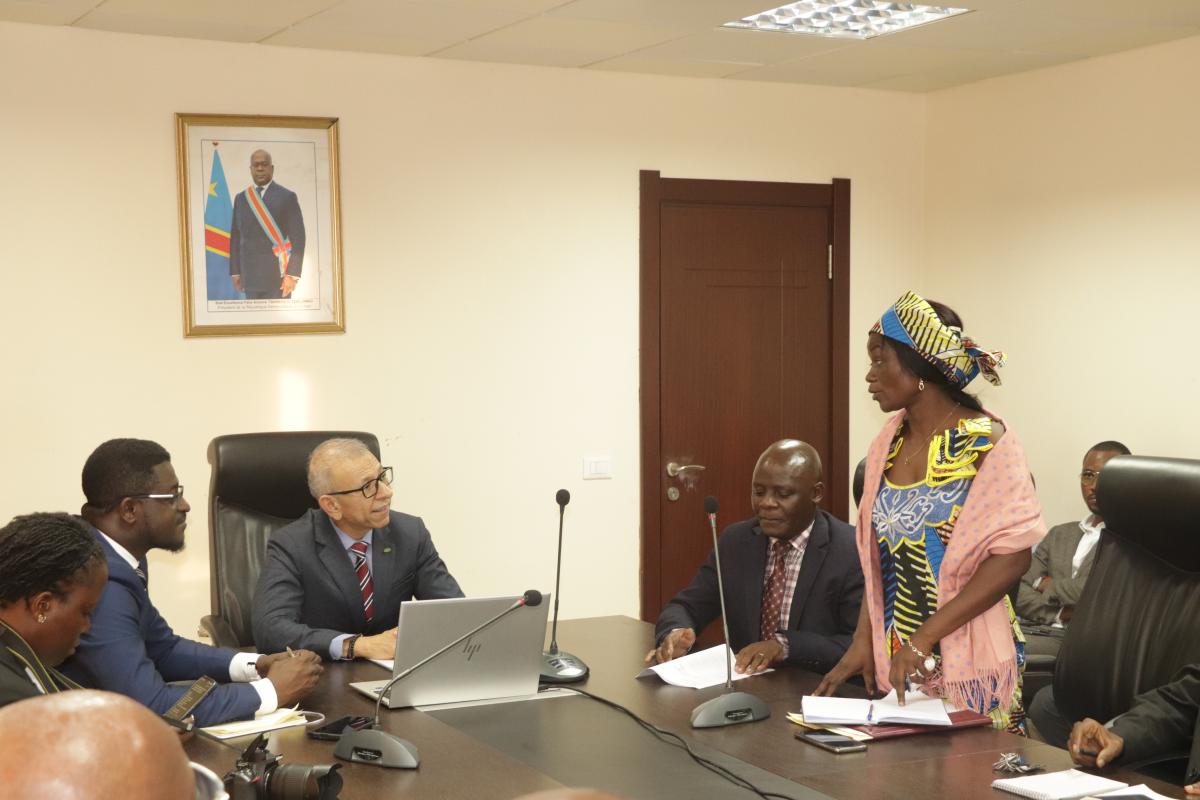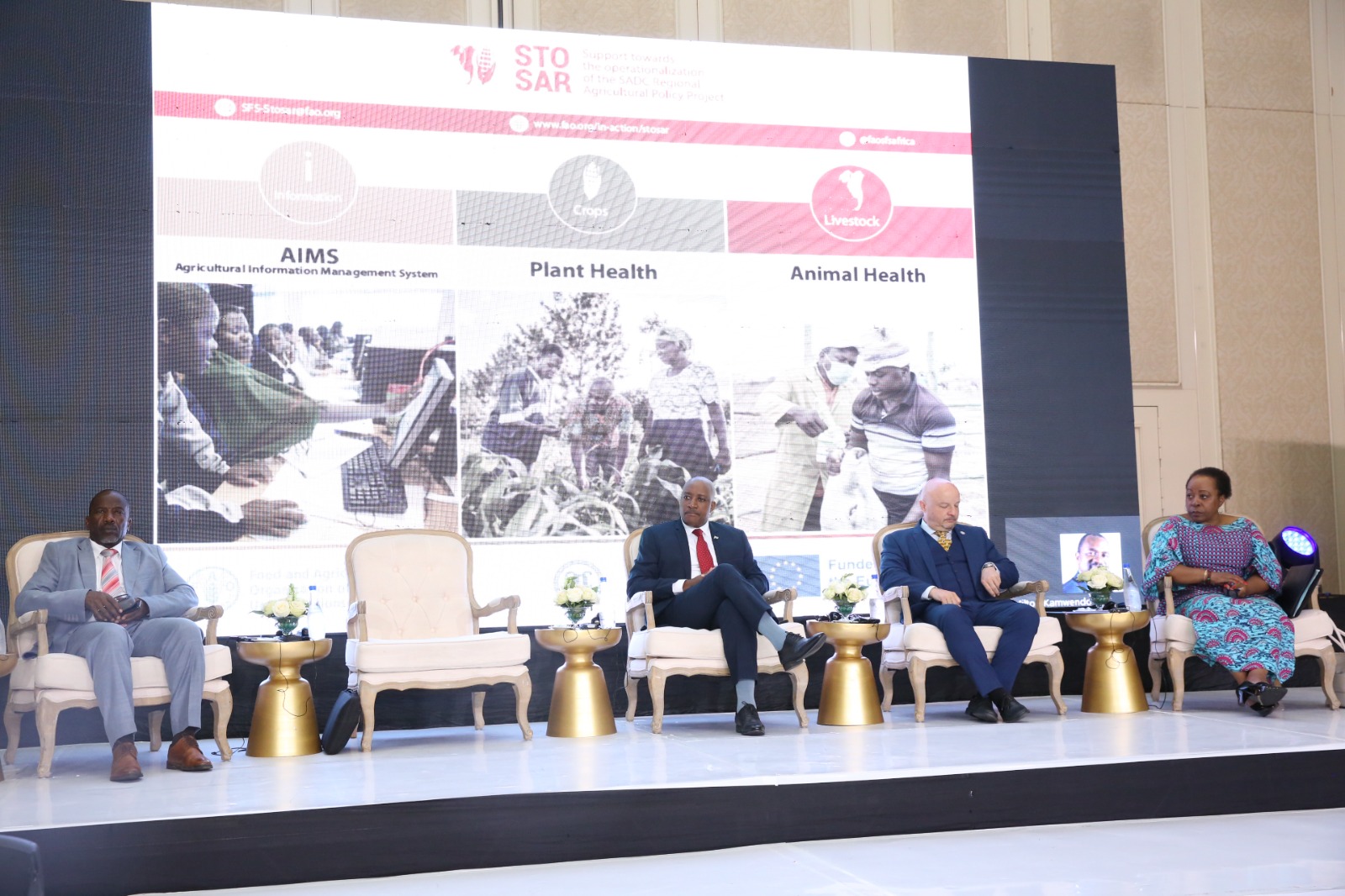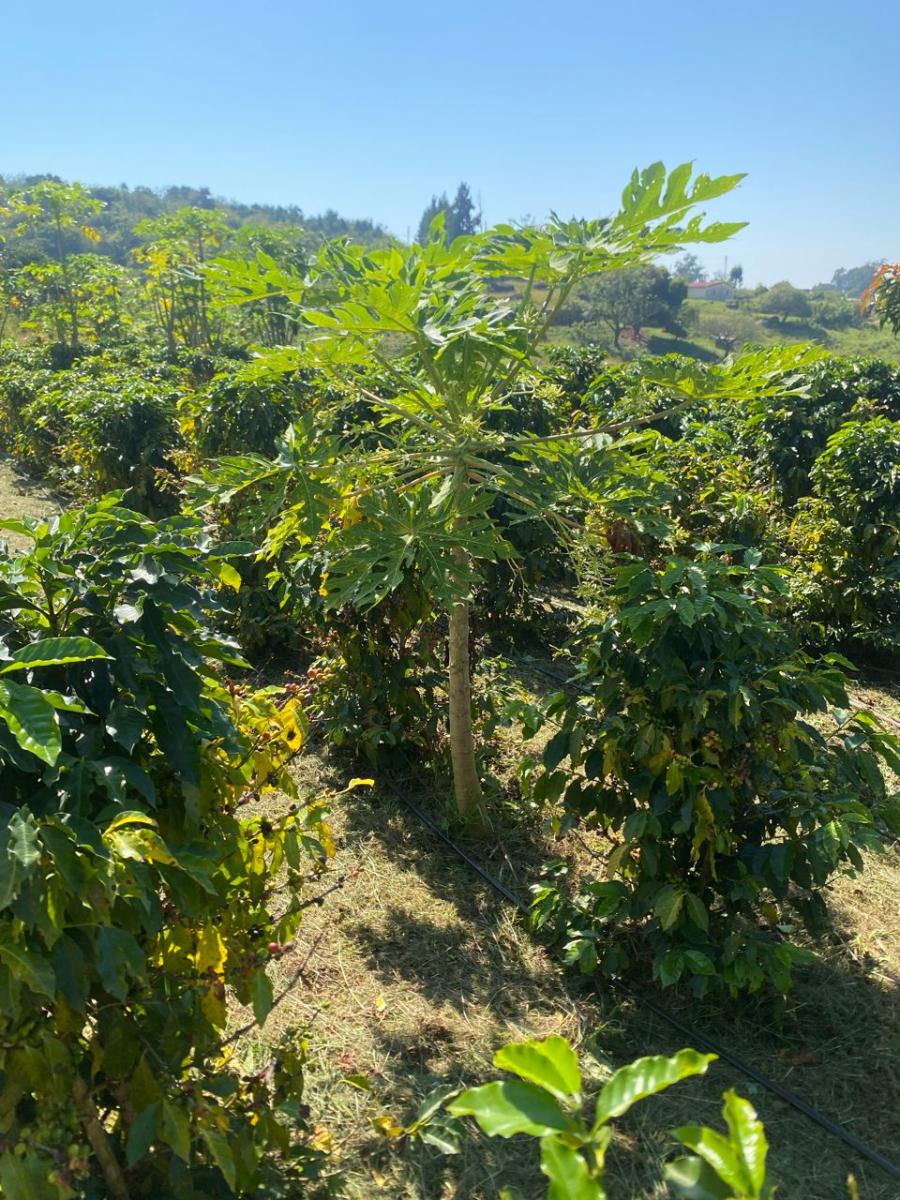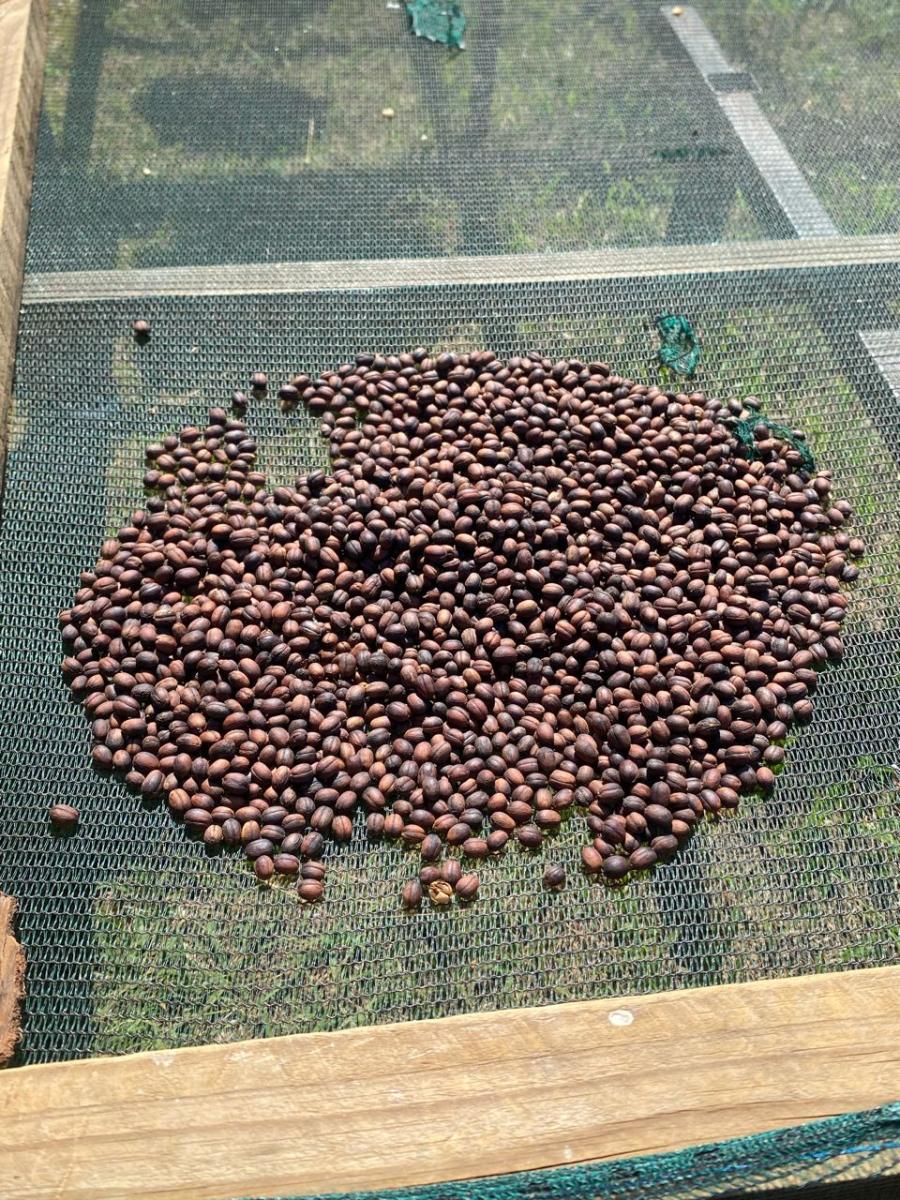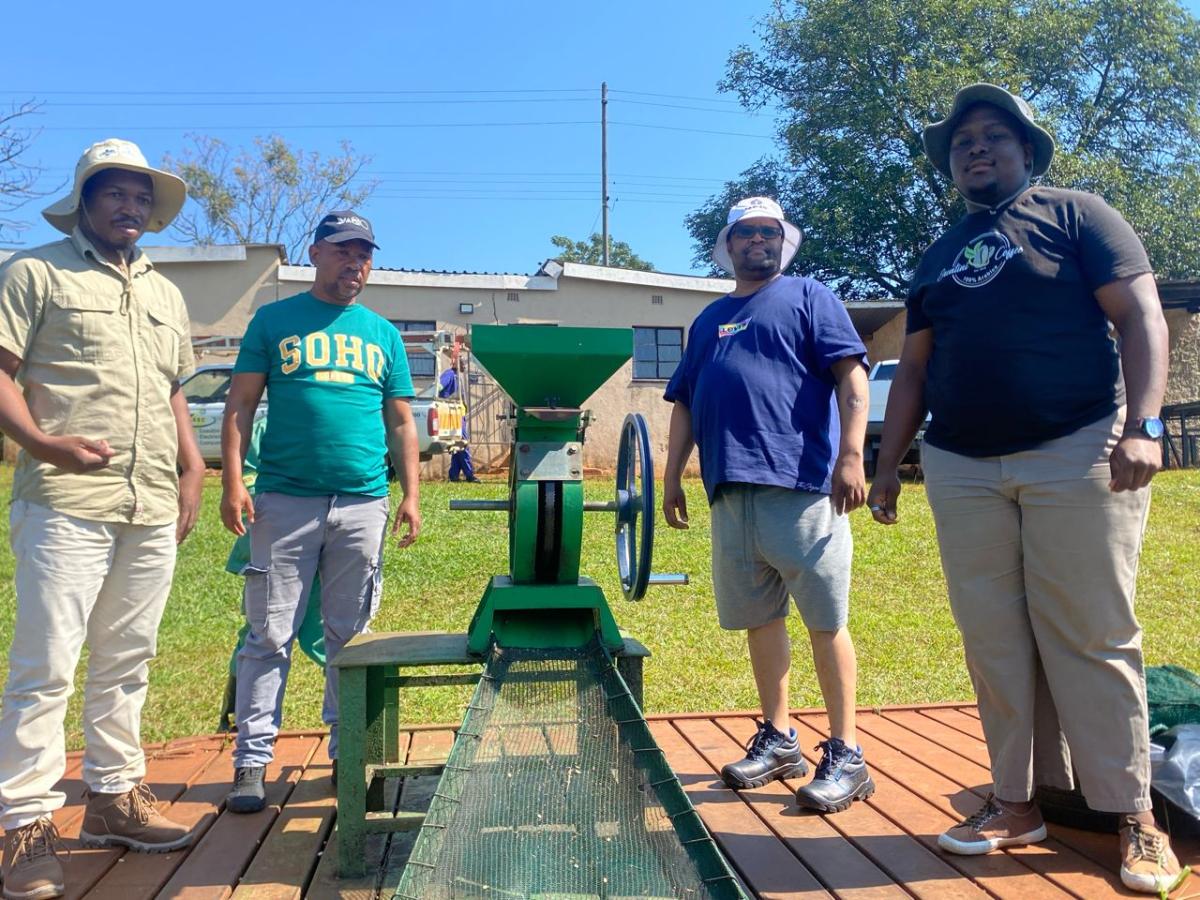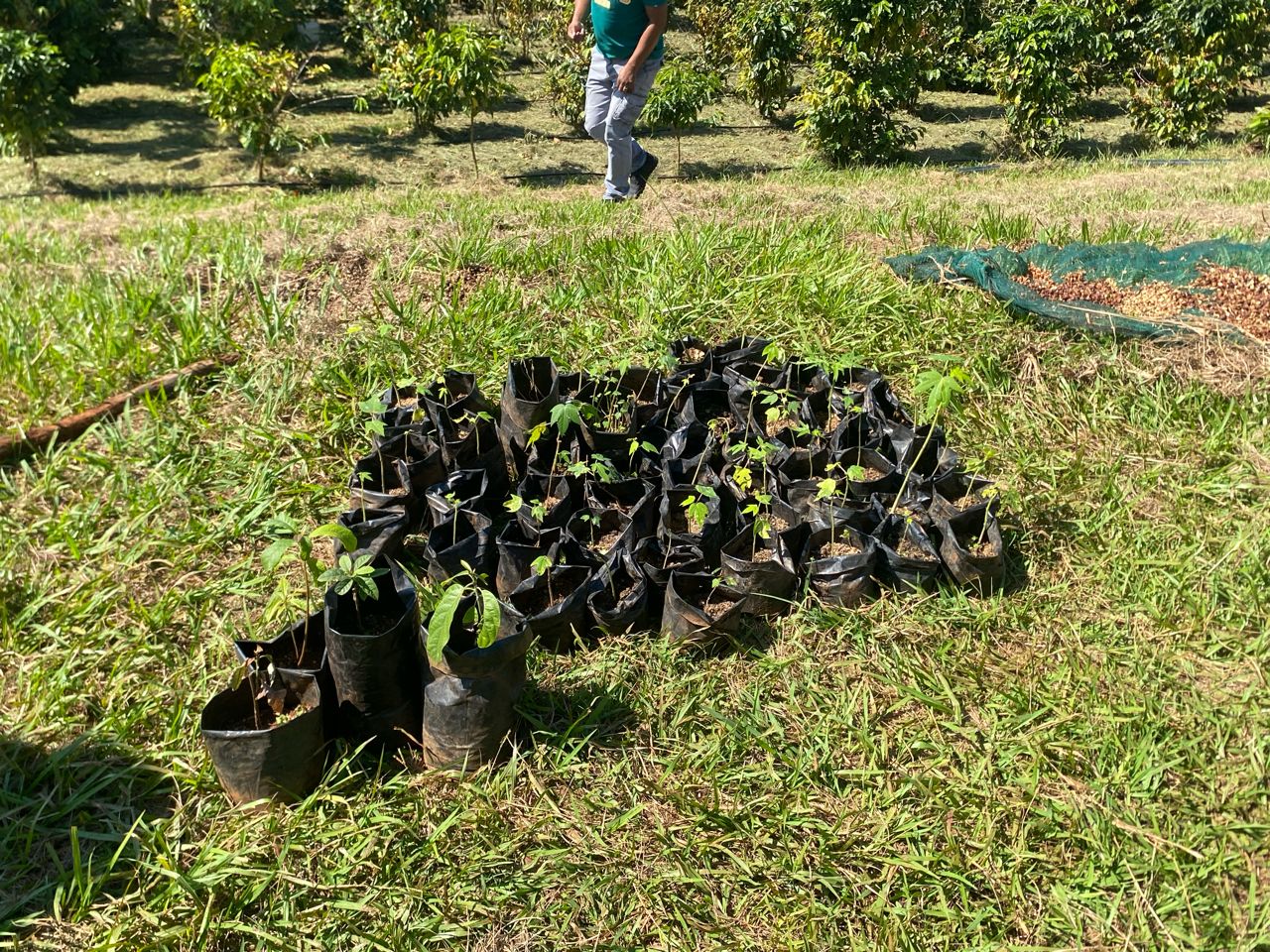Description/Abstract
Food Tank has compiled a list of indigenous fruits, vegetables, and grains from many regions that are nutritious, delicious, and contribute to sustainable livelihoods in rural communities across the globe.
Every day, plant species across the globe are disappearing. The U.N. Food and Agriculture Organization (FAO) reports that approximately 75 percent of the Earth’s plant genetic resources are now extinct, and another third of plant biodiversity is expected to disappear by 2050. Up to 100,000 plant varieties are currently endangered worldwide.
Unfortunately, most investments in agriculture are for crops such as wheat, rice, and maize, rather than for more nutritious foods or indigenous crops—and this focus has had devastating consequences. Global obesity rates have doubled over the last 30 years, increasing the risk of diet-related illnesses including diabetes, hypertension, and heart disease in industrialized and developing countries alike.
Many indigenous crops are environmentally sustainable, improve food security, help prevent malnutrition, and increase farmer incomes. Initiatives like the World Vegetable Center (AVRDC)’s Vegetable Genetic Resources System and Slow Food International’s Ark of Taste are working to catalog indigenous species of fruits and vegetables all over the world.
Food Tank has compiled a list of indigenous fruits, vegetables, and grains from many regions that are nutritious, delicious, and contribute to sustainable livelihoods in rural communities across the globe.
Other Partners
U.N and Agriculture Organization (FAO)



